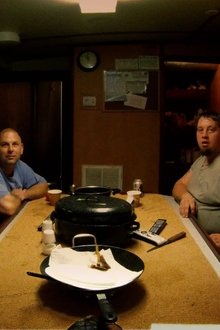Directed and narrated by Maja Borg, Future My Love is a unique love story challenging our collective and personal utopias in search of freedom.
Related Movies

Lost in Translation (2003)
Two lost souls visiting Tokyo -- the young, neglected wife of a photographer and a washed-up movie star shooting a TV commercial -- find an odd solace and pensive freedom to be real in each other's company, away from their lives in America.
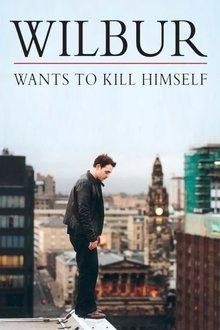
Wilbur Wants to Kill Himself (2002)
The strange comedy film of two close brothers; one, Wilbur, who wants to kill himself, and the other, Harbour, who tries to prevent this. When their father dies leaving them his bookstore they meet a woman who makes their lives a bit better yet with a bit more trouble as well.
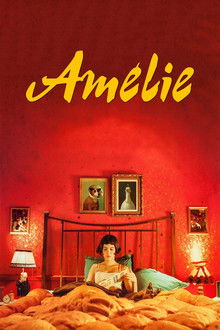
Amélie (2001)
At a tiny Parisian café, the adorable yet painfully shy Amélie accidentally discovers a gift for helping others. Soon Amelie is spending her days as a matchmaker, guardian angel, and all-around do-gooder. But when she bumps into a handsome stranger, will she find the courage to become the star of her very own love story?
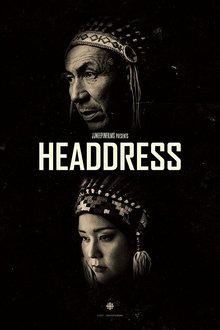
Headdress (2017)
For First Nations communities, the headdress bears significant meaning. It's a powerful symbol of hard-earned leadership and responsibility. As filmmaker JJ Neepin prepares to wear her grandfather's headdress for a photo shoot she reflects on lessons learned and the thoughtless ways in which the tradition has been misappropriated.
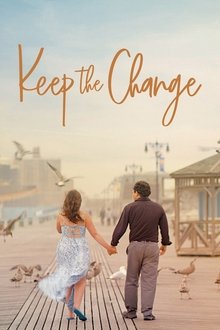
Keep the Change (2018)
When aspiring filmmaker David is mandated by a judge to attend a social program at the Jewish Community Center, he is sure of one thing: he doesn't belong there. But when he's assigned to visit the Brooklyn Bridge with the vivacious Sarah, sparks fly and his convictions are tested. Their budding relationship must weather Sarah's romantic past, David's judgmental mother, and their own pre-conceptions of what love is supposed to look like.
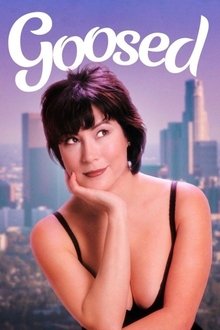
Goosed (1999)
Sheltered rich girl Charlene has an over-protective mother who insists that her daughter should marry a rich doctor. After Charlene's psychic predicts that her future lover is named Steven, she heads to L.A. to search for him.
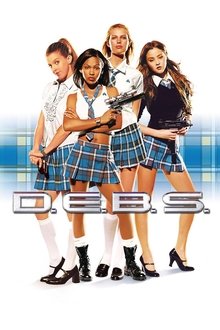
D.E.B.S. (2005)
The star of a team of teenage crime fighters falls for the alluring villainess she must bring to justice.

Titanic (1997)
101-year-old Rose DeWitt Bukater tells the story of her life aboard the Titanic, 84 years later. A young Rose boards the ship with her mother and fiancé. Meanwhile, Jack Dawson and Fabrizio De Rossi win third-class tickets aboard the ship. Rose tells the whole story from Titanic's departure through to its death—on its first and last voyage—on April 15, 1912.
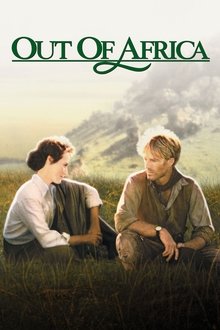
Out of Africa (1985)
Tells the life story of Danish author Karen Blixen, who at the beginning of the 20th century moved to Africa to build a new life for herself. The film is based on her 1937 autobiographical novel.
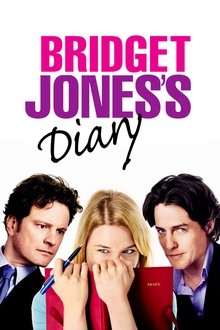
Bridget Jones's Diary (2001)
Bridget Jones is an average woman struggling against expectations. As a New Year's resolution, Bridget decides to take control of her life, starting by keeping a diary in which she will always tell the complete truth. Her charming boss takes an interest in her, and she cannot stop running into a rather disagreeable acquaintance whom Bridget cannot help finding quietly attractive.
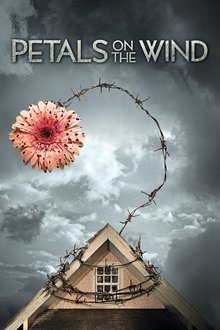
Petals on the Wind (2014)
This sequel to Flowers in the Attic picks up 10 years after Cathy, Chris and Carrie managed to escape Foxworth Hall.
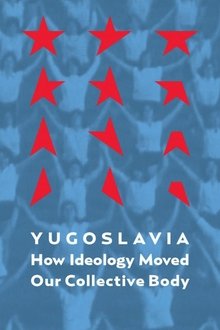
Yugoslavia: How Ideology Moved Our Collective Body (2013)
A research-based essay film, but also a very personal perspective on the history of socialist Yugoslavia, its dramatic end, and its recent transformation into a few democratic nation states.

Bombshell: The Hedy Lamarr Story (2018)
The life and career of the hailed Hollywood movie star and underappreciated genius inventor, Hedy Lamarr.
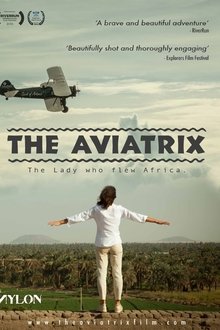
The Aviatrix (2015)
In 1928, Lady Heath became the first person to fly solo from Cape Town to London. Eighty-five years later, Tracey Curtis-Taylor set out in a vintage biplane to fly that adventure again. Following Tracey as she retraces the journey, The Aviatrix is more than just a film about the rapture of flying – it’s a story about living life on your own terms and having the courage and determination to realise your greatest dreams.
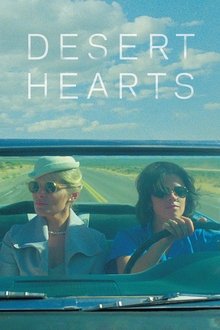
Desert Hearts (1985)
While waiting for her divorce papers, a repressed literature professor finds herself unexpectedly attracted by a carefree, spirited young woman named Cay.

Bollywood/Hollywood (2002)
Rahul Seth is a dashing young millionaire who believes he is "western" enough to rebel against his mother and grandmother. They are not too keen about his Caucasian girlfriend Kimberly who, to make matters worse, is a pop star. Before you can say "karmic intervention," Kimberly dies in a freak accident and Rahul is devastated. Instead of allowing him to mourn in peace, Rahul's mother sees the opportunity she's been waiting for. She threatens to call off his sister's wedding unless he finds himself a "nice Indian girl." Rahul enlists the services of Sue, a fiercely independent escort whom he believes to be Hispanic, and therefore not "married" to the conventions taught to young Indian women. With a wink in her eye, Sue accepts the deal to pose as his Indian bride-to-be. She needs the money and having never been a fan of the typical Indian male, she feels her heart is safe. The charade begins....
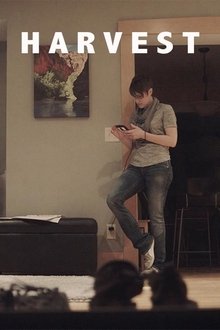
Harvest (2017)
Jenni has an ordinary life of simple patterns revolving around family and work. Her daily routine is seemingly unremarkable yet is of great interest to someone she doesn’t know—but who knows everything about her. Harvest is a thrilling and inventive depiction of the hidden value in mundane routines.

Bend It Like Beckham (2002)
Jess Bhamra, the daughter of a strict Indian couple in London, is not permitted to play organized soccer, even though she is 18. When Jess is playing for fun one day, her impressive skills are seen by Jules Paxton, who then convinces Jess to play for her semi-pro team. Jess uses elaborate excuses to hide her matches from her family while also dealing with her romantic feelings for her coach, Joe.
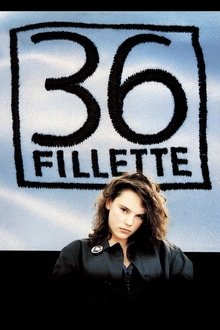
36 Fillette (1988)
Lili, a pouty and voluptuous 14-year-old, is caravan camping with her family in Biarritz. She's self-aware and holds her own in a café conversation with a concert pianist she meets, but she has a wild streak and she's testing her powers over men, finding that she doesn't always control her moods or actions, and she's impatient with being a virgin. She sets off with her brother to a disco, latching onto an aging playboy who is himself hot and cold to her. She is ambivalent about losing her virginity that night, willing the next, and determined by the third.
